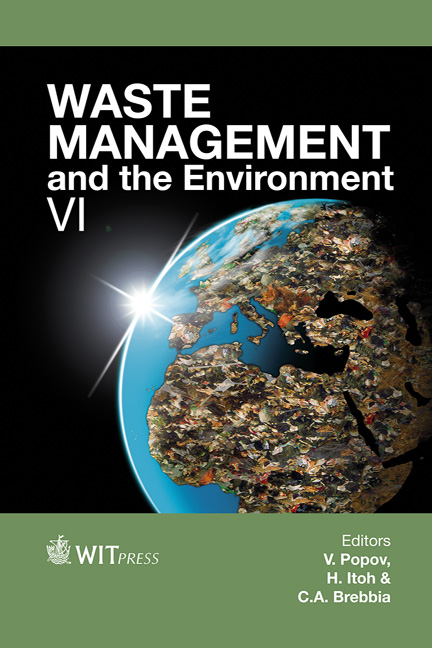Illegal Dumping Investigation: A New Challenge For Forensic Environmental Engineering
Price
Free (open access)
Transaction
Volume
163
Pages
9
Page Range
3 - 11
Published
2012
Size
2275 kb
Paper DOI
10.2495/WM120011
Copyright
WIT Press
Author(s)
M. Lega, D. Ceglie, G. Persechino, C. Ferrara & R. M. A. Napoli
Abstract
When Italian law enforcement investigates illegal environmental dumping, data must be carefully compiled, analyzed, and validated in order to successfully prosecute the parties responsible. Investigators must be able to produce a validated data-set construction using recognized scientific methods such as random sampling. Chemical/physical analysis, photographs and/or other data with significant details must conclusively demonstrate the pollution source and causal connection between the pollution and observed environmental damage. Authorized officers appointed by the Prosecutor Office to exercise their functions under technical consultant supervision have extensive powers of investigation in relation to illegal dumping. There are a number of investigation tasks that can be carried out at both the place the waste was dumped (‘on-site’) and in the office/lab to catch and deal with offenders. This paper introduces the use of advanced technologies (special aerial platforms, innovative application of thermography and advanced software tools) and new methods and procedures to detect and fight this illegal activity. This is the first known use of these methods in both the fields of environmental research and law enforcement. This paper provides an example of where law enforcement and university research teams can collaborate on developing enhanced environmental protection methods. The proposed procedures, techniques and technologies, were tested and validated in environmental police actions directed by the Italian Prosecutor Office and allowed us to understand the forensic value of the environmental engineer. Keywords: thermography, illegal dumping, law enforcement.
Keywords
thermography, illegal dumping, law enforcement.





